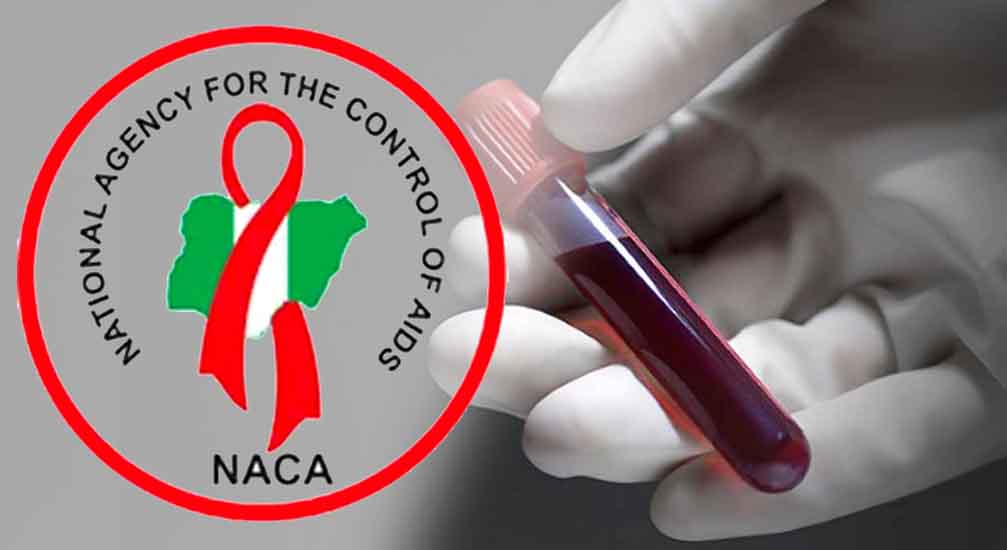By Muhammad Amaan
As Nigeria join other countries to commemorate the 2024 International Worker’s Day, the National Agency for the Control of AIDS (NACA) has called for an end to all forms of discrimination and stigma, especially against Persons Living with HIV/AIDs.
NACA’s Head of Public Relations and Protocol, Mrs Toyin Aderibigbe, made the demand in a statement on Wednesday in Abuja.
May 1 is annually celebrated as Workers’ Day, a tribute to workers worldwide, with the 2024 theme centred on ‘Social Justice and Decent Work for All.
Aderibigbe, quoted Dr Temitope Ilori, the Director-General of NACA, as stressing the significance of the theme and highlighting the pressing need for equitable and inclusive work environments.
She noted that in spite of the strides made, stigma against individuals living with HIV/AIDS persists in some workplaces.
“Regrettably, stigma remains a formidable obstacle for those living with HIV/AIDS in some Nigerian workplaces.
“Stigma undermines the well-being and productivity of affected individuals while perpetuating misinformation and fear among the workforce.
“Stigma erodes trust, obstructs access to crucial support services and ultimately hinders national efforts to curb the spread of HIV/AIDS.”
Ilori noted that NACA recognises workplaces as pivotal avenues for fostering acceptance, understanding and support for employees living with the virus.
She, therefore, urged employers, trade unions, government agencies and civil society organisations to prioritise the implementation of comprehensive workplace policies and programmes to end stigma.
The NACA boss also encouraged employers to adopt non-discriminatory practices, safeguard medical information confidentiality, and facilitate access to HIV/AIDS prevention, treatment and care services.
She appealed, “let’s join hands in crafting a future where every worker receives dignity, respect and compassion, irrespective of HIV status.”
The DG reaffirmed NACA’s commitment to push for the rights and dignity of individuals living with HIV/AIDS, and also to support stakeholders in fostering more inclusive workplaces.




